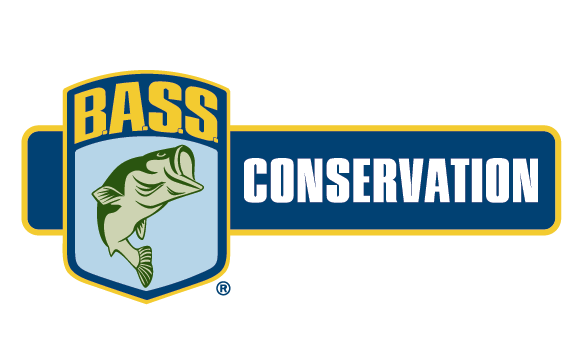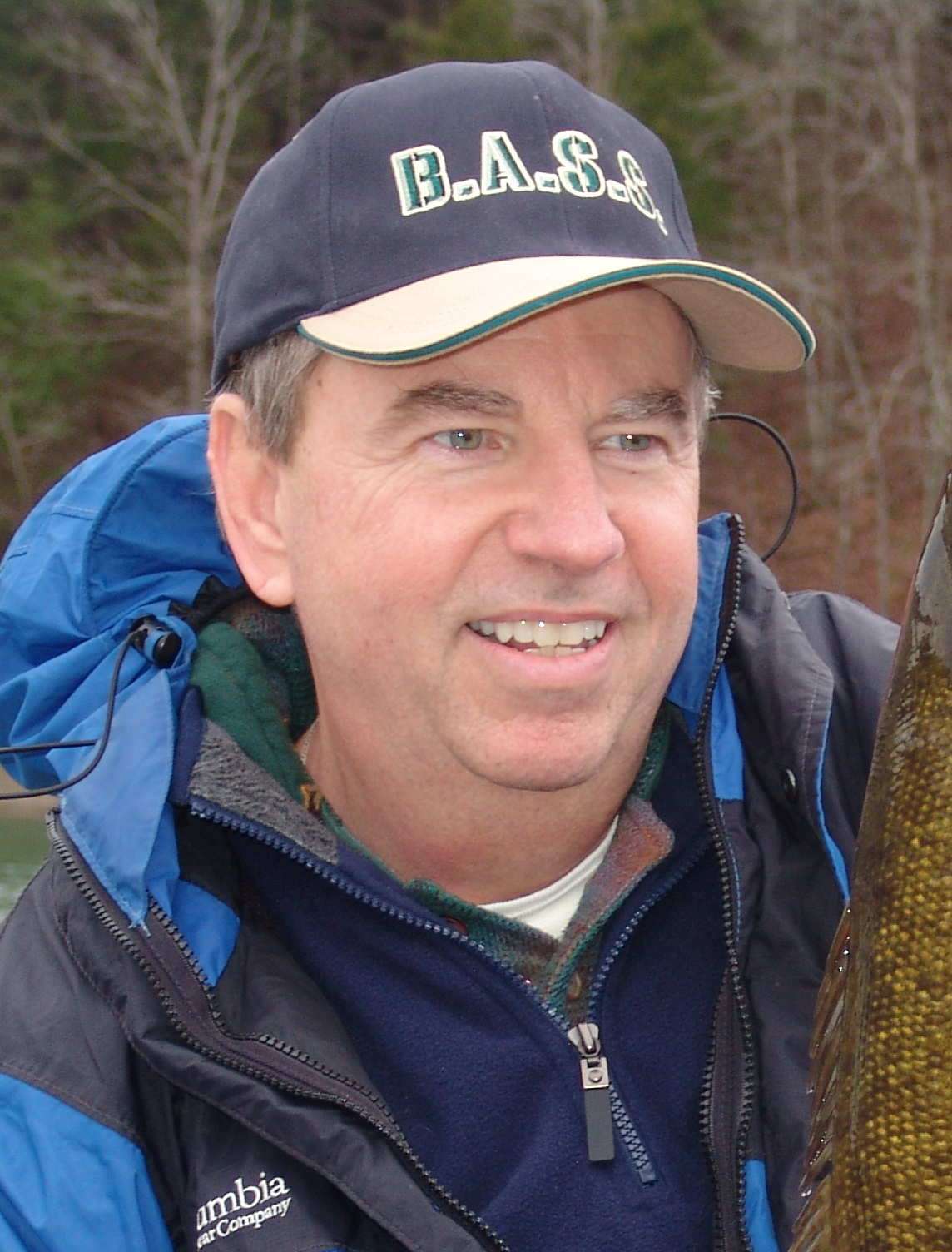
From Alaska to the East Coast and down to the Keys, anglers are being denied access to public waters by the federal government shutdown. And as they are punished, so too are the businesses and communities that depend on tournament and recreational fishing for income.
“People are very, very angry at our government and I’m right there with them. I have never been so angry with a president and our government in my entire life until now,” said Georgia guide Mike Bucca.
“Anglers are pissed off. It’s just nuts,” said Carl Wengenroth, owner of The Angler’s Lodge on Lake Amistad, where all public access has been shut down by the National Park Service (NPS) and businesses in and around Del Rio are losing millions of dollars each weekend.
Wengenroth said that he is losing $9,000 a weekend from the hotel and tackle shop portions of his business. “Our café on single weekend morning will lose more than $3,000 by itself. We have kept the doors open and the employees working, but that won’t last much longer if this persists.”
Not surprisingly, Wengenroth and some of those angry Texas anglers are planning a response to the shutdown for Oct. 18 and 19 at Amistad.
“But we want to make it a political media event, and not a confrontation,” Wengenroth emphasized. “We want 500 to 1,000 boats lined up along the highway to be filmed and we want city officers and local businessmen to be interviewed by the media about the harm this is doing.”
Tim Cook, conservation director for the Texas B.A.S.S. Nation, added, “We want to put heads in beds for two nights to help local businesses and we want to raise exposure about how this shutdown is hurting people. We’re asking people to come down and spend the weekend, just as if they were coming to fish a two-day tournament.”
Cook also emphasized that “our problem is with Congress and the President. The park superintendent has been very supportive of the angling community. He’s just doing what he is told to do.”
And all over the country, employees of the NPS, the U.S. Fish and Wildlife Service (FWS), the U.S. Forest Service (USFS), and the U.S. Army Corps of Engineers are doing what they are told, which is to keep anglers and others off federally managed public lands waters.
But the shutdown isn’t being enforced uniformly. In Alaska, the NPS and the Bureau of Land Management have left their properties open for hunting and fishing. But the FWS is denying access, despite the Alaska National Interest Land Conservation Act, which requires the federal government to give full notice before shutting down access. And this shows “how badly the shutdown has been managed,” reported the Washington Times.
“While much of the federal government is closed, the parks and other federal lands are drawing an extreme amount of scrutiny, possibly because the Obama administration has decided to close down areas that remained open during previous shutdowns,” the newspaper added.
Here’s what is going on at fisheries across the country:
“The Potomac River has several marinas on NPS land from Washington, D.C., to just south of Alexandria, Virginia,” said Potomac River guide Steve Chaconas. “The NPS placed barricades on Tuesday morning right after the midnight government shutdown.
“In particular, they closed Belle Haven Marina. This marina is on land owned by the NPS; however, it is operated by a concessionaire who pays the federal government.”
Even without a shutdown, the Potomac is “access challenged,” Chaconas continued. Now, anglers have no options north of Alexandria so they must travel either 45 minutes south to Virginia’s Pohick Bay Regional Park or go across the bridge to Fort Washington Marina in Maryland.
“Anglers are now launching at unfamiliar ramps and having to either fish in unfamiliar waters or take longer boat rides, burning expensive gasoline, just to head up to spots they have been fishing all summer,” he said.
In Georgia, Bucca reported that both Carters and Allatoona, which are Corps managed, are shut down, while 33,000-acre Lake Lanier has access limited to “one or two ramps.”
“Those who are fishing are cramming into the very limited ramps still open,” he said. “Thankfully, it’s deer season or it would be four times as bad as it is now on the weekends.”
In western Tennessee, guide Steve McCadams said, “Several launch ramps and access areas in the Tennessee National Wildlife Refuge have been closed off, denying access to bank fishermen, recreational boaters, and the average, everyday angler who uses the launch ramps located near his favorite fishing holes.”
And, he added, the shutdown also has closed access for Land Between the Lakes (Barkley and Kentucky), which is managed by the USFS. “That has likely diminished some tourism dollars for the region in more ways than one, as both fishermen and hunters are unable to visit, camp, and access the public lands and waters that are vital to this area’s economy,” he said.
From the Northwest, Chuck Lang, former conservation director for the Oregon B.A.S.S. Nation reported, “It appears that if a water body and all of the facilities are owned by the feds, they will be closed and most likely gated. If they are on USFS property, but facilities are owned and/or operated by private business contracts or by the county, they can be open.”
In Oregon and Washington, he added, “most sportsmen are turning to salmon, steelhead while many reservoirs are drawn down. Access is restricted by lack of water more than gates across the road, but it sounds like they would stop folks at federal facilities if they showed up.
“No one has heard of folks been turned away yet. However, they don’t answer their phones or keep us updated on a water- by-water basis either.”

